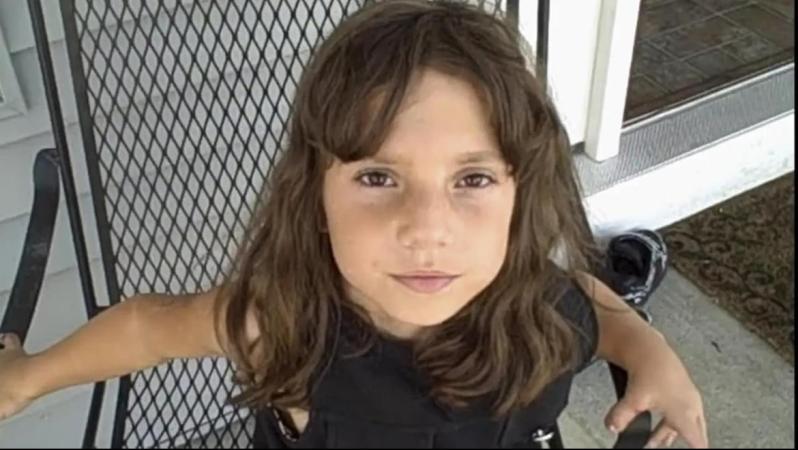The Shocking True Story of Natalia Grace: A Ukrainian Child Caught in a Controversial Adoption and Neglect Case
The documentaries follow the real-life, biographical account of Natalia Grace, a Ukrainian child living with a rare genetic condition called spondyloepiphyseal dysplasia congenita—a form of dwarfism. These true crime-style documentaries chronicle the events that unfolded between 2010 and 2013, focusing on child abuse, medical neglect, and the flaws in the adoption and justice systems.
Natalia came to the United States in 2006 after spending time in a Ukrainian orphanage. She was initially adopted by the Ciccone family, who later felt unable to continue providing care. After several failed placements with other families, Natalia was adopted in 2010 by Michael and Kristine Barnett, founders of Jacob’s Place, a nonprofit supporting children with autism. Importantly, the Barnetts had never met Natalia before the adoption process began.
Shortly after adopting Natalia, the Barnetts began questioning her true age, despite existing documentation—such as birth certificates and medical records—confirming she was a child. From 2010 to 2013, Natalia was subjected to emotional, verbal, and physical abuse, according to footage and testimony presented in the documentary. Though medical experts advised that Natalia required multiple surgeries due to her condition, she underwent only one while in the Barnetts’ care. She was also removed from public school, where she had been considered a model student, and was instead home-schooled by Kristine Barnett.
The situation escalated when Natalia was admitted to a psychiatric hospital after being accused of attempting to harm Kristine. She was later transferred to an adult psychiatric unit. Following this, Natalia was placed in a halfway house among individuals dealing with substance abuse issues and later left to live alone for a year in a second-floor apartment in a high-crime neighborhood—without financial support, food, electricity, or communication access. During this time, the Barnetts relocated to Canada, effectively abandoning her.
While Natalia was institutionalized, a doctor and clinical social worker submitted a letter that led to a judge legally changing her age from 8 to 22 years old—without a court hearing, substantial evidence, or Natalia’s legal representation. In Indiana, individuals aged 21 and over are no longer the responsibility of their guardians (Indiana Code, 2022). Between 2014 and 2019, local law enforcement investigated the case. The Barnetts were charged with neglect of a dependent, but they were ultimately found not guilty. Crucially, prosecutors were prohibited from presenting evidence that would have confirmed Natalia’s true age. Instead, the legal argument focused solely on neglect related to her disability.
Despite her severe medical condition, Natalia was abandoned and left to navigate life alone. The documentaries highlight the systemic failures of social services, which had a legal duty of care. Even after the Barnetts cut off her phone and removed her contact information, social workers should have conducted unannounced welfare checks—none of which occurred.
The documentary aims to share three perspectives: those of the Barnetts, Natalia Grace herself, and the verifiable facts. It also raises ethical concerns, such as a hidden mic capturing a disturbing conversation between Natalia’s adoptive brother and Michael Barnett, recounting an incident where Kristine allegedly kicked Natalia down the stairs—vital evidence supporting Natalia’s claims. In addition, some interviewees portray Natalia in a highly negative and misleading light.
It's essential to recognize that children who experience disrupted adoptions, abandonment, or physical and sexual abuse often face lifelong trauma and behavioral challenges (Kimberg & Wheeler, as cited in Gerber, 2019). Despite overwhelming signs of neglect and abuse, the Barnetts faced no legal accountability. The documentary seeks to expose this miscarriage of justice and advocate for children with disabilities who are often misrepresented or dismissed.
Although the primary audience for the documentaries is the general public, they serve as crucial educational material for social workers and social work students. The themes of child neglect, disability advocacy, and adoption law make this case study highly relevant for professionals working with vulnerable children. Sharing Natalia Grace’s story fosters empathy, challenges stereotypes about disabilities, and calls attention to the critical need for systemic reform in child welfare and legal systems.

